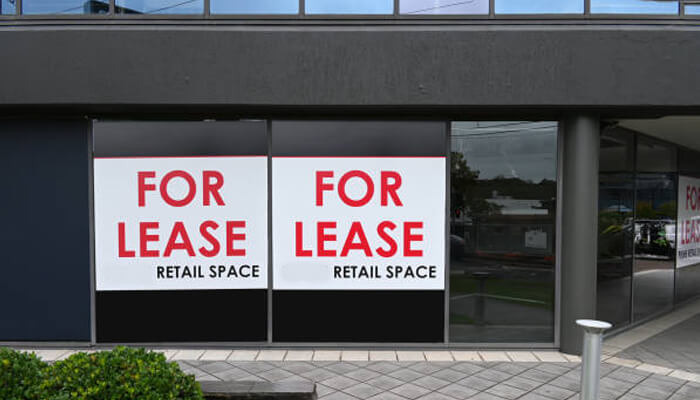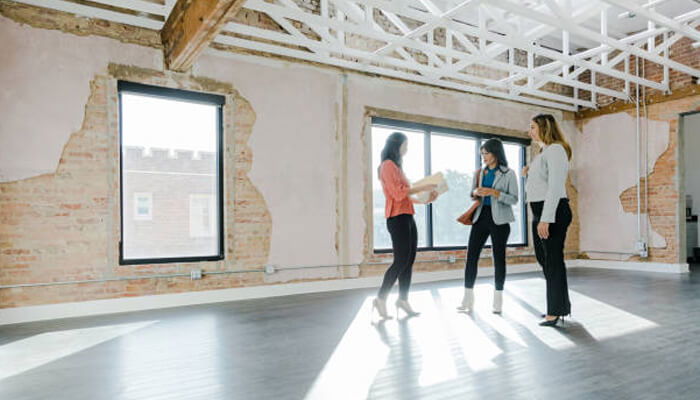Leasing a commercial property is the best option when you want to start a new business. If you’re an entrepreneur, then you should know how to lease a commercial space from various sources. This will help you plan your business operations properly and give you ways to generate high revenues. Moreover, you should focus more on understanding some basic ideas of retail space leasing. Another thing is that they allow you to run your business without any difficulties.
10 key points to follow when leasing a retail space
1. Take more time while searching for a property in a location
You should take more time while searching for a commercial property in a particular location. It is wise for you to make sure that a property meets your business needs. You should consider picking a property that is easily accessible and visible to customers. Some other factors you should keep in mind include rent, foot traffic, utility bills, taxes, maintenance, etc. Size is another factor to consider when selecting a commercial property.
2. Competition analysis
Before leasing a commercial property, you should perform a competition analysis to gather more ideas. This will help you get more ideas for ways to generate high revenues and profits.
3. Convenience
You should make sure that a commercial property provides convenience to your customers and employees. A retail property should have enough parking facilities to attract customers. As an entrepreneur, you should evaluate the features of a retail property before planning your business.
4. Know the lease terms
You should understand the lease terms, such as security deposits and additional fees. The use clause in your lease agreement can restrict certain activities of your business. Therefore, you should understand the use clause before signing an agreement.
5. Permits and regulations
You should know the permits and regulations when selecting a retail space. Make sure that your property meets safety regulations, zoning permits, and building permits. This, in turn, gives you ways to run your business smoothly in the market.
6. Negotiation is the key
You should negotiate with the landlord to ensure that the lease terms support your business significantly. If some terms are not met, you can talk to your property owner to lower the costs. Additionally, you should evaluate future growth and expansion while choosing a retail property. A commercial property should accommodate any future changes in your business operations.
7. Understand your rights and responsibilities
A lease document will cover some rights and responsibilities, and you should understand them before signing. For instance, repairs and the implementation of new equipment require approval from a landlord. It even applies to future growth and expansion of your business, and you should follow the rules carefully. Another thing is that you can ensure peace of mind by avoiding unwanted problems.
8. Know the lease laws
The lease laws may vary from one location to another, and you should know them before selecting a property. You can consult with an expert attorney who will help you proceed further.
9. Evaluate the risks
You should evaluate the risks associated with a retail property when leading. You should perform a competition analysis to know the local market. High costs and security risks can influence your business. Hence, you should evaluate the threats before leasing a property for commercial purposes.
10. Seek support from an expert agent
You should seek support from an agent to learn more about security deposits and other things. An agent will guide you through handling complex matters in the leasing process, including agreement preparation. However, make sure that you select the right agent who caters to your needs.





